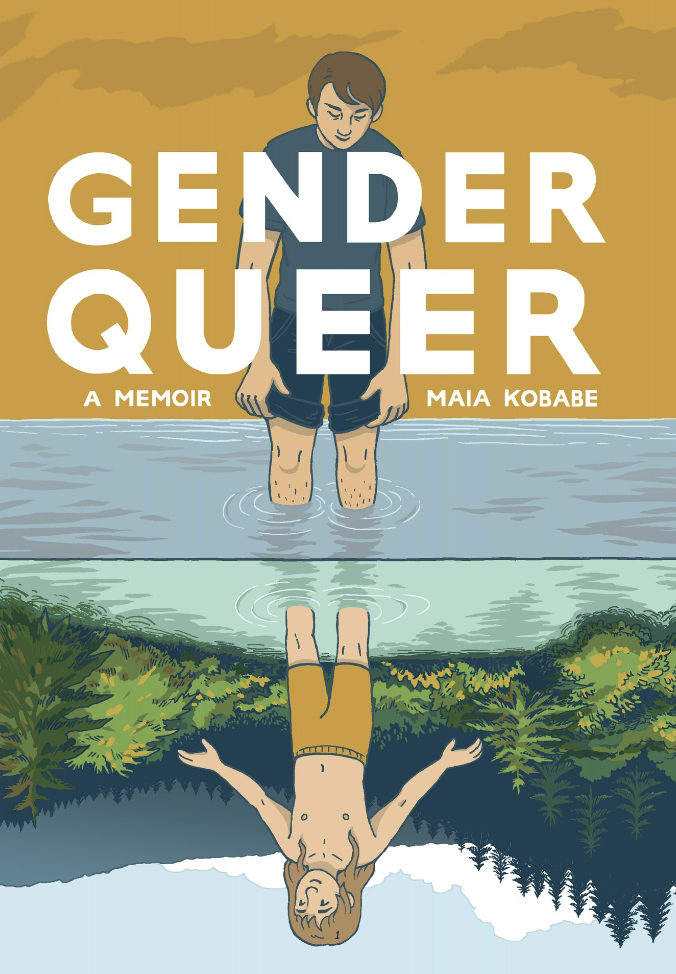This essay by Maia Kobabe is part of an NPR series of interviews with — and essays by — authors who are finding their books being challenged and banned in the U.S.
In mid-2018 I showed a partial draft of Gender Queer: A Memoir, my first full length book, to my writing group. One fellow cartoonist, Jimmie Robinson, said, “Get ready for this book to be challenged, and take it as a compliment when that happens.” Robinson is the author of a dark political satire series that shows a villainous, mostly nude, main character facing off with heroes and a certain former president. He was very well familiar with people misunderstanding and misinterpreting his work. He added, “Maybe go make some friends at the Comic Book Legal Defense Fund now.”
I was obviously already aware that queer, trans, and nonbinary narratives often receive pushback. I did brace myself, in 2019 when the book was released, for a certain amount of negative attention online, if not a full-on wave of internet hate. But it didn’t come. Instead, Gender Queer was met with a wave of online love.

The first print run (just 5,000 copies) sold out the week the book was released. As I toured six states and numerous bookstores in 2019, I received only positive, often heartwarming and deeply moving, feedback. People told me they related to Gender Queer more than any other book they’d ever read. They told me it made them feel less alone. They told me they had shared the book with a parent, or a partner, or a friend, and it had opened up conversations they’d never been able to have before.

9(MDAxOTAwOTE4MDEyMTkxMDAzNjczZDljZA004))

